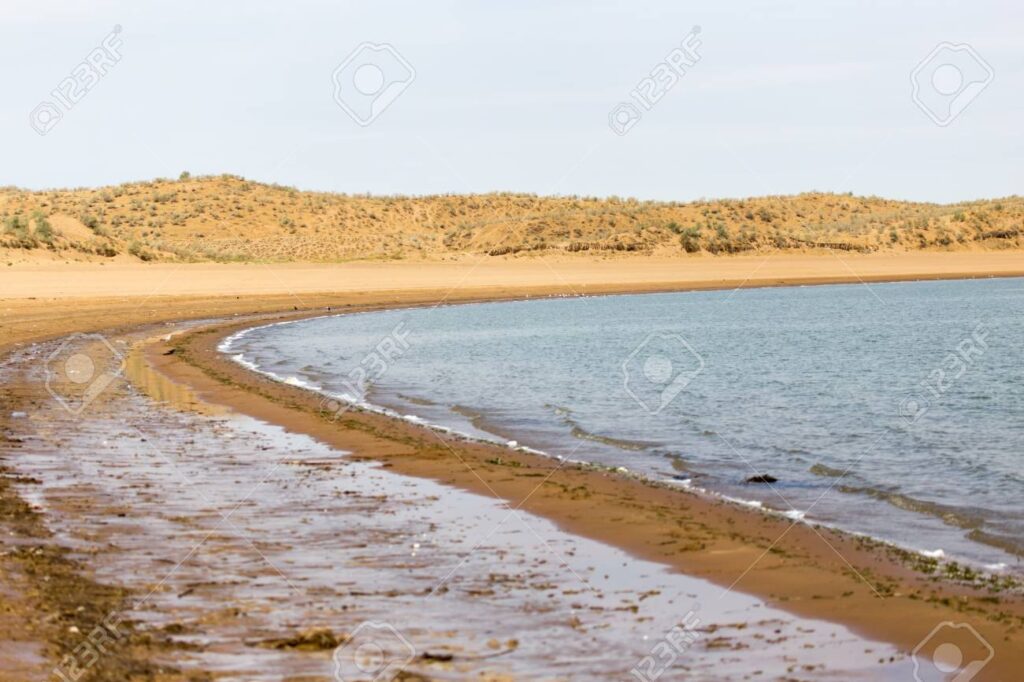Kyrgyzstan and Tajikistan Brace for Winter Power Shortages
As winter approaches, Kyrgyzstan is warning of potential electricity shortfalls due to critically low water levels in its hydro-reservoirs, and authorities are rolling out emergency measures. These include urging electricity conservation, shutting down all cryptocurrency mining farms to relieve grid pressure, increasing electricity imports, and accelerating repairs and upgrades to aging power-generation infrastructure. Officials with the Ministry of Energy and Industry of the Kyrgyz Republic say the reserves in key hydropower reservoirs are at their lowest level in more than a decade. At the same time, demand for electricity in homes and businesses is forecast to increase significantly this winter because of colder temperatures. The gap between supply and demand has forced the government to ask households to reduce electricity use during peak hours. Historically, Kyrgyzstan has relied heavily on hydropower. The country’s flagship facility, the Toktogul Hydroelectric Power Station, supplies roughly 40% of the nation's electricity. But its reservoirs are fed primarily by spring and summer snowmelt. In recent years, melting snow has arrived earlier and run-off has fallen, shrinking water levels. According to the International Renewable Energy Agency (IRENA), Kyrgyzstan’s hydroelectric system faces serious seasonal variability in its generational capacity. This winter’s challenge is compounded by weak output from thermal plants and delayed maintenance. The government reports that the ageing coal-fired and gas-fired plants in the north and south of the country require urgent repairs, with rehabilitating the plant in Bishkek alone set to cost around $150 million. With limited funds, several units will remain offline during the cold months. The immediate consequences for households are already appearing. Residents in Bishkek and surrounding regions have reported recurrent evening outages sometimes lasting a few hours. Landlord-run apartment blocks plan to brief residents about schedules for rotating cuts. In smaller towns and villages, citizens fear longer blackouts if the cold deepens. Businesses are also feeling the shock. Small-scale manufacturers report that they have had to halt production during scheduled cuts, eroding profits and increasing costs. Schools and hospitals say they are depending on standby generators. Energy stability plays a central role in Kyrgyzstan’s economy and social well-being. Without reliable power, business productivity falls, heating systems malfunction, and social discontent can spike. In recent years, protests over energy prices and outages have forced the government to scramble for solutions. The current measures are aimed not only at keeping the lights on but maintaining public confidence ahead of looming parliamentary elections. Regionally, Kyrgyzstan’s electricity system interacts with its neighbors. The country imports power from Kazakhstan and exchanges electricity with Uzbekistan, with cross-border feeds from Kazakhstan helping to cover shortages. This winter, Kazakhstan’s own constraints may limit exports, leaving Kyrgyzstan more exposed. Meanwhile, China has offered investment in hydropower expansion as part of regional cooperation. That deal may eventually increase supply, but it will not help in the short term. Meanwhile, neighboring Tajikistan is grappling with comparable winter electricity pressures. The country sources about 95% of its electricity from hydropower and enters the cold season with low reservoir and river flows that sharply...






